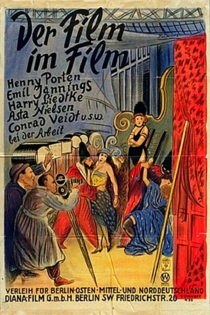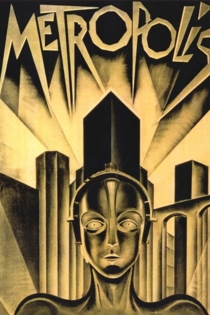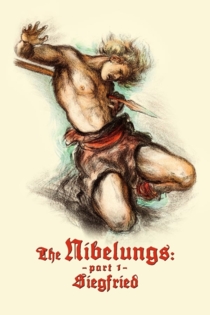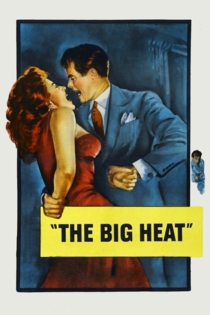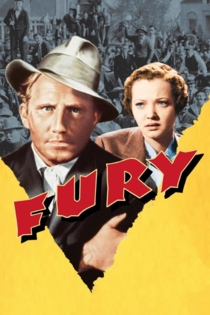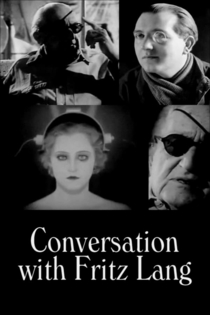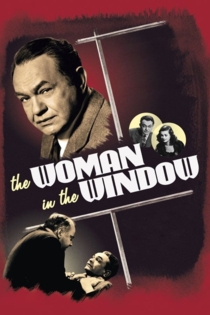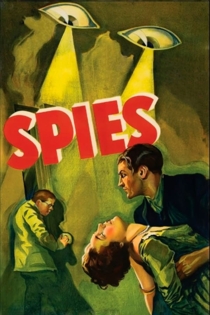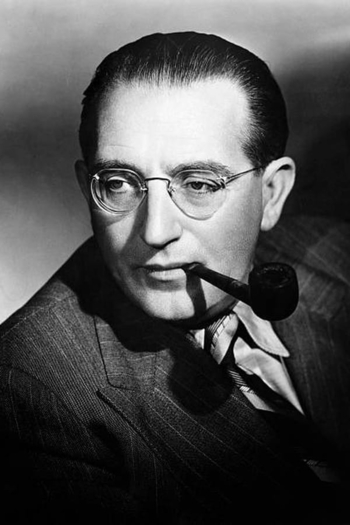
Fritz Lang
1890 - 1976Lang's most famous films are the groundbreaking science-fiction film Metropolis (1927) - the world's most expensive silent film at the time of its release - and the influential thriller film M (1931), made before he moved to the United States. Lang's work had a significant influence on the film noir genre and in Hollywood, he made some classics himself, such as Scarlet Street (1945) and The Big Heat (1953).
A Personal Journey with Martin Scorsese Through American Movies
Martin Scorsese, Michael Henry Wilson
Martin Scorsese, Brian De Palma
Martin Scorsese celebrates American movies from the silent classics to the Hollywood of the seventies.
A Personal Journey with Martin Scorsese Through American Movies
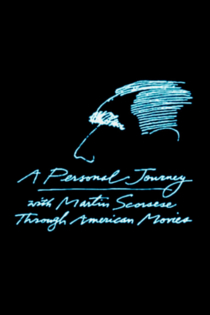
M - Eine Stadt sucht einen Mörder
Fritz Lang
Peter Lorre, Ellen Widmann
In this classic German thriller, Hans Beckert, a serial killer who preys on children, becomes the focus of a massive Berlin police manhunt. Beckert's heinous crimes are so repellant and disruptive to city life that he is even targeted by others in the seedy underworld network. With both cops and criminals in pursuit, the murderer soon realizes that people are on his trail, sending him into a tense, panicked attempt to escape justice.
M
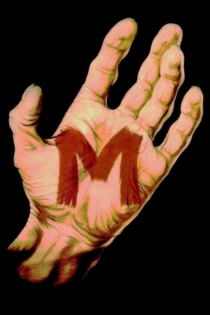
Die Nibelungen: Kriemhilds Rache
Fritz Lang
Margarete Schön, Gertrud Arnold
When Kriemhild, thirsty for revenge, marries to Etzel, king of the Huns, she invites King Gunther and his court to visit them, intending to finally take the life of the man responsible of her disgrace.
Die Nibelungen: Kriemhild's Revenge
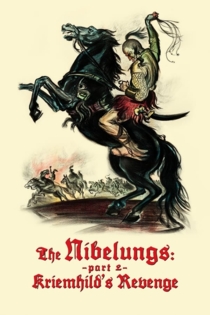
Das Testament des Dr. Mabuse
Fritz Lang
Rudolf Klein-Rogge, Oscar Beregi Sr.
After a detective is assaulted by thugs and placed in an asylum run by Professor Baum, he observes the professor's preoccupation with another patient, the criminal genius Dr. Mabuse the hypnotist. When Mabuse's notes are found to be connected with a rash of recent crimes, Commissioner Lohmann must determine how Mabuse is communicating with the criminals, despite conflicting reports on the doctor's whereabouts, and capture him for good.
The Testament of Dr. Mabuse
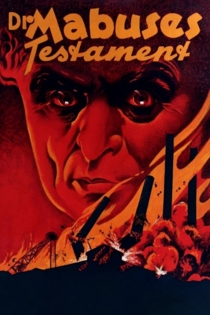
Cinema's Exiles: From Hitler to Hollywood
Karen Thomas
Сигурни Уивер, Marlene Dietrich
Eight hundred German filmmakers (cast and crew) fled the Nazis in the 1930s. The film uses voice-overs, archival footage, and film clips to examine Berlin's vital filmmaking in the 1920s; then it follows a producer, directors, composers, editors, writers, and actors to Hollywood: some succeeded and many found no work. Among those profiled are Erich Pommer, Joseph May, Ernst Lubitsch, Fritz Lang, Billy Wilder, and Peter Lorre. Once in Hollywood, these exiles helped each other, housed new arrivals, and raised money so others could escape. Some worked on anti-Nazi films, like Casablanca. The themes and lighting of German Expressionism gave rise in Hollywood to film noir.
Cinema's Exiles: From Hitler to Hollywood
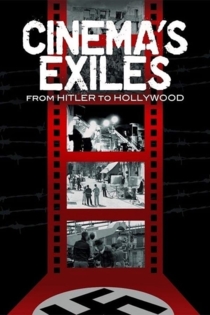
Dr. Mabuse, der Spieler
Fritz Lang
Rudolf Klein-Rogge, Aud Egede-Nissen
Dr. Mabuse and his organization of criminals are in the process of completing their latest scheme, a theft of information that will allow Mabuse to make huge profits on the stock exchange. Afterwards, Mabuse disguises himself and attends the Folies Bergères show, where Cara Carozza, the main attraction of the show, passes him information on Mabuse's next intended victim, the young millionaire Edgar Hull. Mabuse then uses psychic manipulation to lure Hull into a card game where he loses heavily. When Police Commissioner von Wenk begins an investigation of this mysterious crime spree, he has little to go on, and he needs to find someone who can help him.
Dr. Mabuse, the Gambler
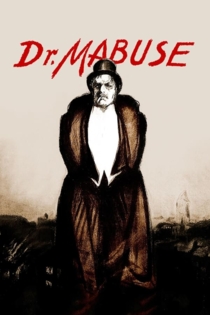
Scarlet Street
Fritz Lang
Edward G. Robinson, Joan Bennett
Cashier and part-time starving artist Christopher Cross is absolutely smitten with the beautiful Kitty March. Kitty plays along, but she's really only interested in Johnny, a two-bit crook. When Kitty and Johnny find out that art dealers are interested in Chris's work, they con him into letting Kitty take credit for the paintings. Cross allows it because he is in love with Kitty, but his love will only let her get away with so much.
Scarlet Street
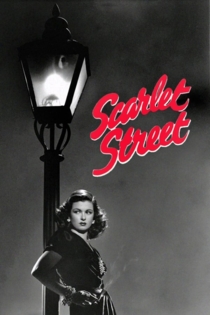
Der müde Tod
Fritz Lang
Lil Dagover, Walter Janssen
As a young couple stops and rests in a small village inn, the man is abducted by Death and is sequestered behind a huge doorless, windowless wall. The woman finds a mystic entrance and is met by Death, who tells her three separate stories set in exotic locales, all involving circumstances similar to hers.
Destiny
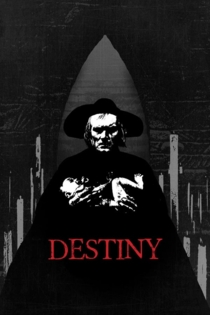
Der Film im Film
Friedrich Porges
Ernst Deutsch, E.A. Dupont
The only surviving excerpt of a documentary on film production in Weimar Germany, featuring the different personalities of several famous directors of the era at work on the set including Fritz Lang, Robert Wiene, and E.A. Dupont.
The Film in the Film
